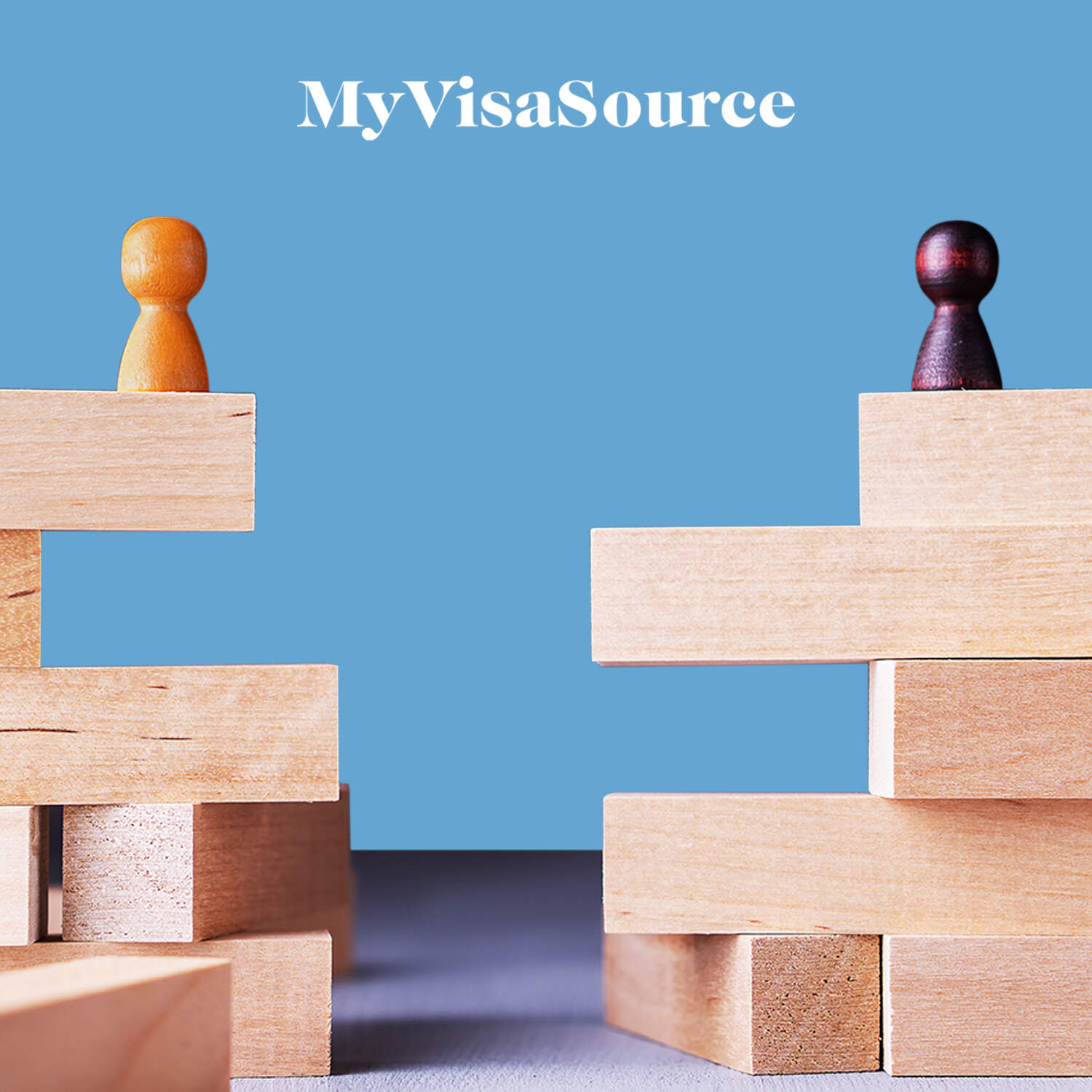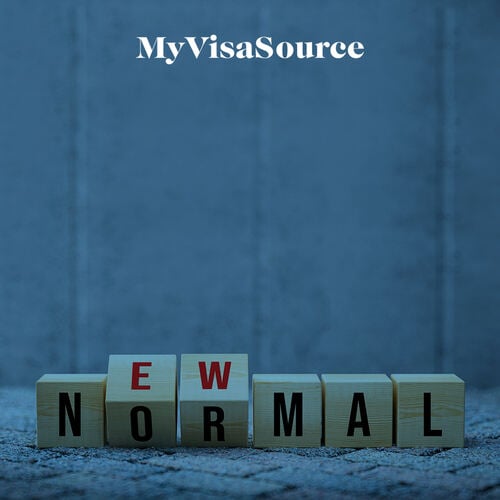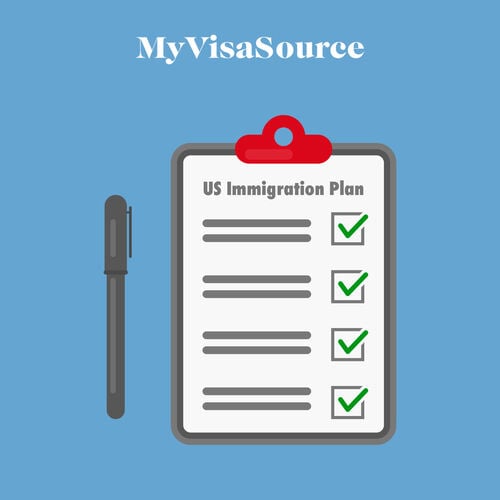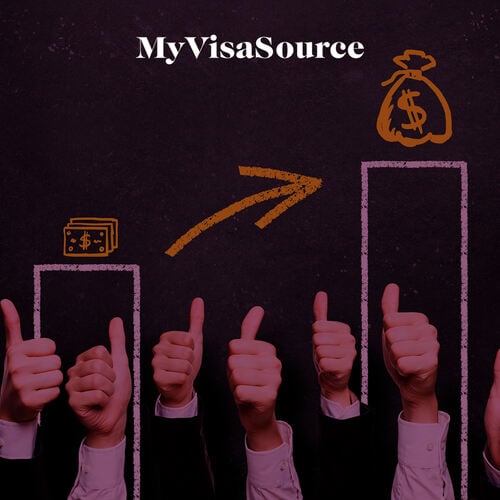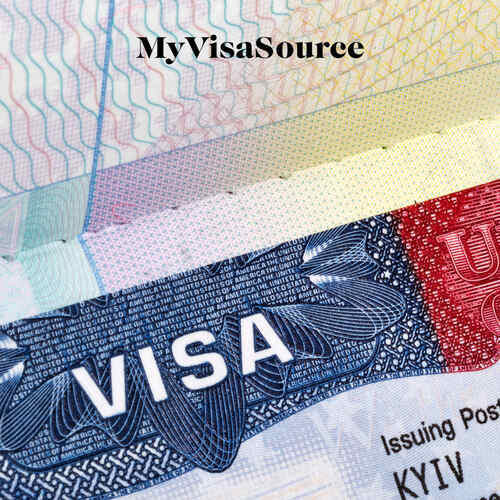It is generally believed that anyone born in the United States and its territories is considered a US citizen. However, it is not true for everyone born within the US territory. Individuals born in American Samoa and Swains Island are considered US nationals. But what is the difference between a US citizen and a US national?
US nationals do not have the same rights and privileges as US citizens. However, if they want to transition, then they have a pretty straightforward path compared to foreign nationals. A US national residing in the US can apply to become a US citizen through the naturalization process.
What Is the Difference Between a US National and a US Citizen?
Every US citizen is a US national, however, the same is not true for all US nationals. Individuals born in the outlying territories in possession of the United States acquire US nationality at birth, but do not get citizenship automatically. Currently, the only 2 outlying territories possessed by the US are American Samoa and Swains Island. Individuals born outside these territories to one or more US nationals are also given US national status at birth.
Historically, persons born in the possession of the US during the following periods were considered as US national:
-
Guam: 1898-1950, citizenship granted by an Act of Congress through the Guam Organic Act of 1950
-
The Philippines: 1898-1917, immigration rights of national status were revoked as a part of the Philippine Independence Act when it gained full independence in 1946
-
Puerto Rico: 1898-1917, citizenship granted through the Jones-Shafroth Act of 1917
-
The US Virgin Island: 1917-1927, citizenship granted by an act of Congress in 1927
Now, the residents of US territories including Guam, Puerto Rico, Northern Mariana Islands and the US Virgin Islands acquire US citizenship at birth.
How Can You Prove US Nationality?
Individuals from American Samoa and Swains Island can prove their US nationality with their birth certificate. US nationals are authorized to obtain a US passport. The US Department of State considered coming up with a special certificate for US nationals, but since it was such a small group of people, the action seemed a bit cost-prohibitive.
The law, however, authorizes US nationals to apply for a certificate, therefore, the Department of State created a special version of the US passport. US nationals may apply for a special passport that declares their status as a national and not a citizen of the United States.
What Are the Benefits of US Citizenship for US Nationals?
US nationals can live and work in the US without any restrictions and get a US passport that declares their special status as a non-citizen national. However, it is still not the same as being a US citizen. US nationals can not vote in federal elections. US citizenship opens up a whole new door with additional benefits including:
-
A US passport without restrictions
-
Voting rights in all federal elections




